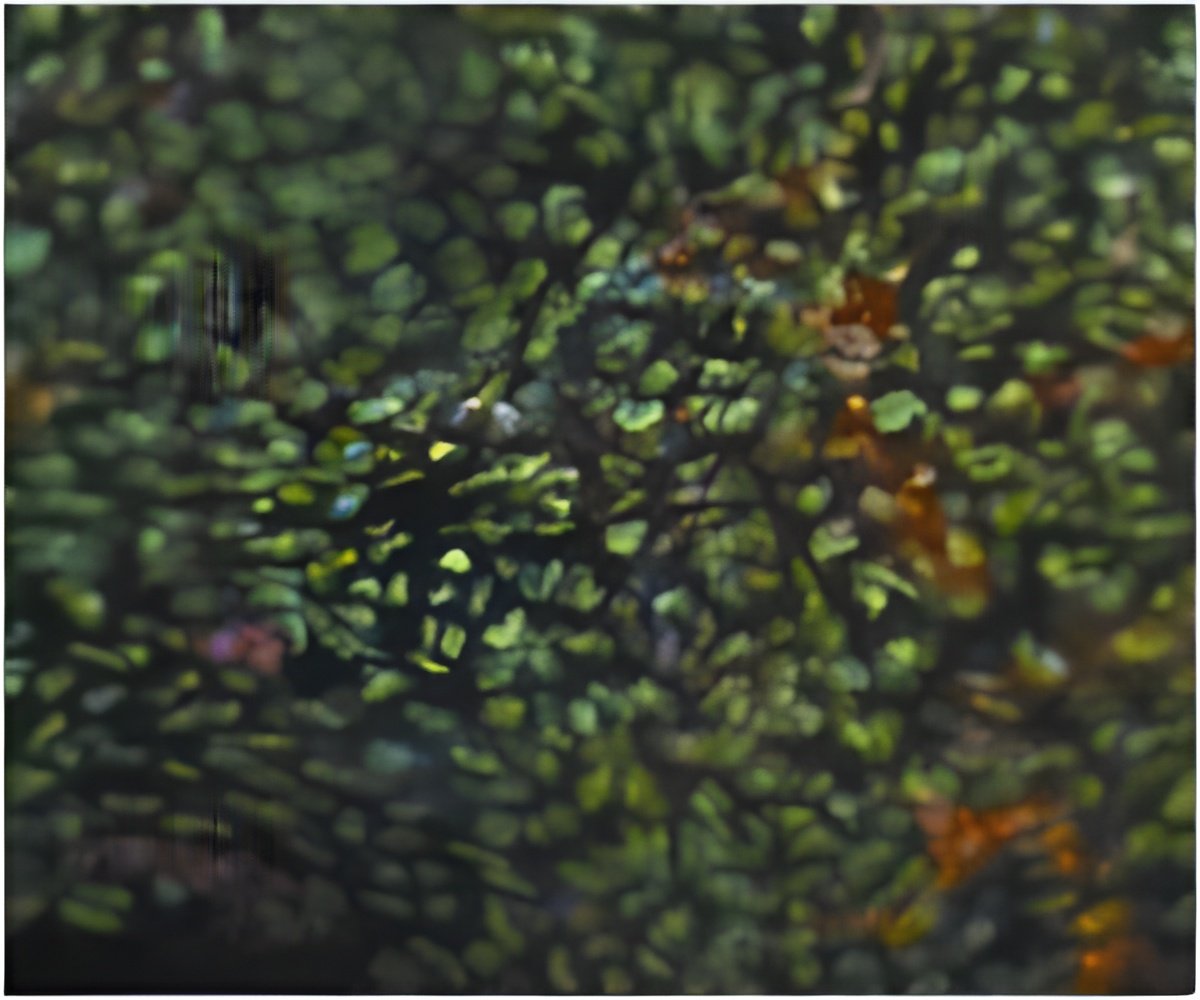Adipose stem cells grow at a faster rate than bone marrow stem cells. Harvesting adipose stem cells also is less invasive than harvesting bone marrow.

‘Adipose (fat) stem cells might be the preferred stem cell type for use in canine therapeutic applications, including orthopedic diseases and injury.’





An international team of researchers, funded by Morris Animal
Foundation, has shown that adipose (fat) stem cells might be the
preferred stem cell type for use in canine therapeutic applications,
including orthopedic diseases and injury.Researchers at the University of Guelph, University of Western Ontario and Aarhus University, Denmark, ran a battery of tests comparing the physiology characteristics of stem cells derived from adipose tissue versus bone marrow.
They found that stem cells from both sources had similar functional properties, including tissue generation and immunomodulating capabilities (ability to adjust immune response), but adipose stem cells grow at a faster rate than bone marrow stem cells. Harvesting adipose stem cells also is less invasive than harvesting bone marrow.
The study recently was published in PLoS ONE, an online scientific journal.
"Faster proliferation along with the potential for a less invasive method of their procurement makes them (adipose stem cells) the preferred source for canine mesenchymal stem cells," concluded the research team.
Advertisement













